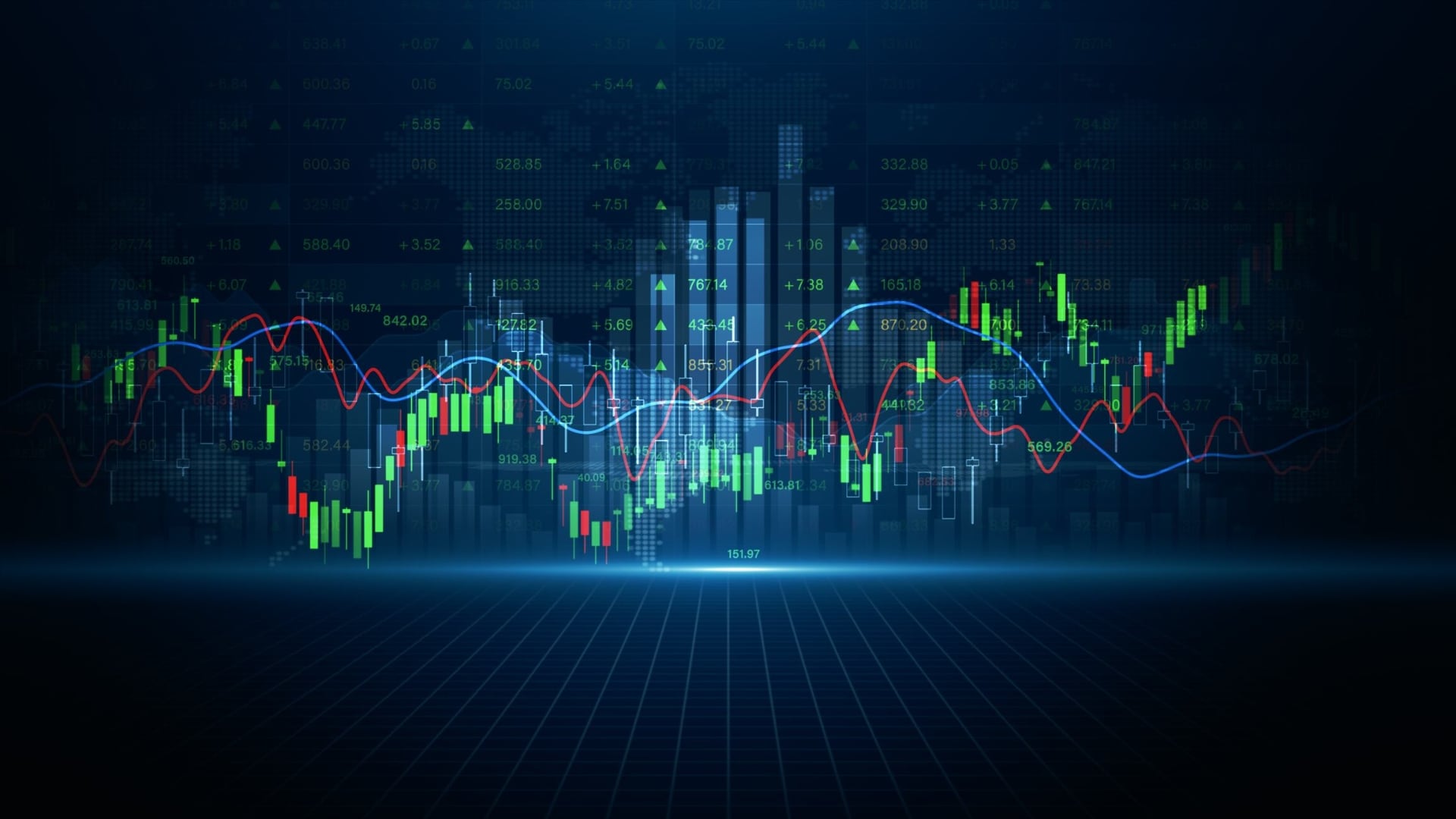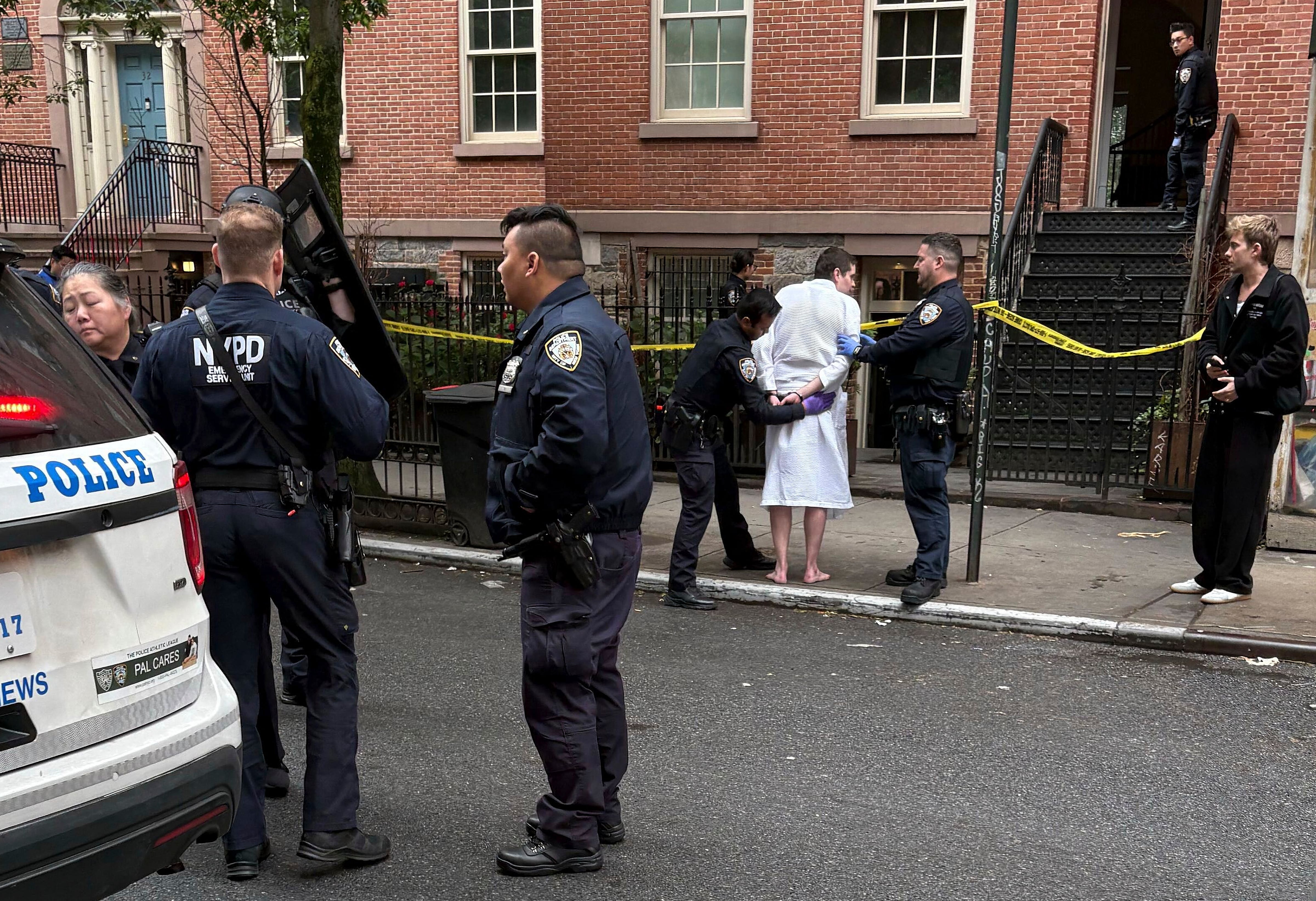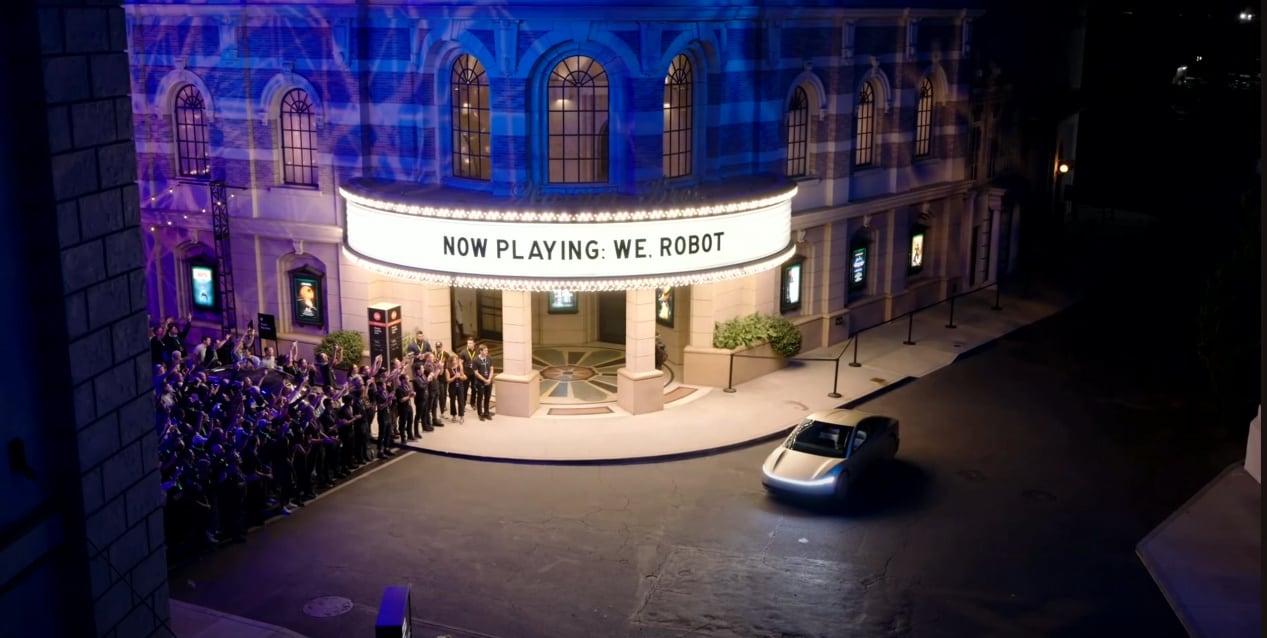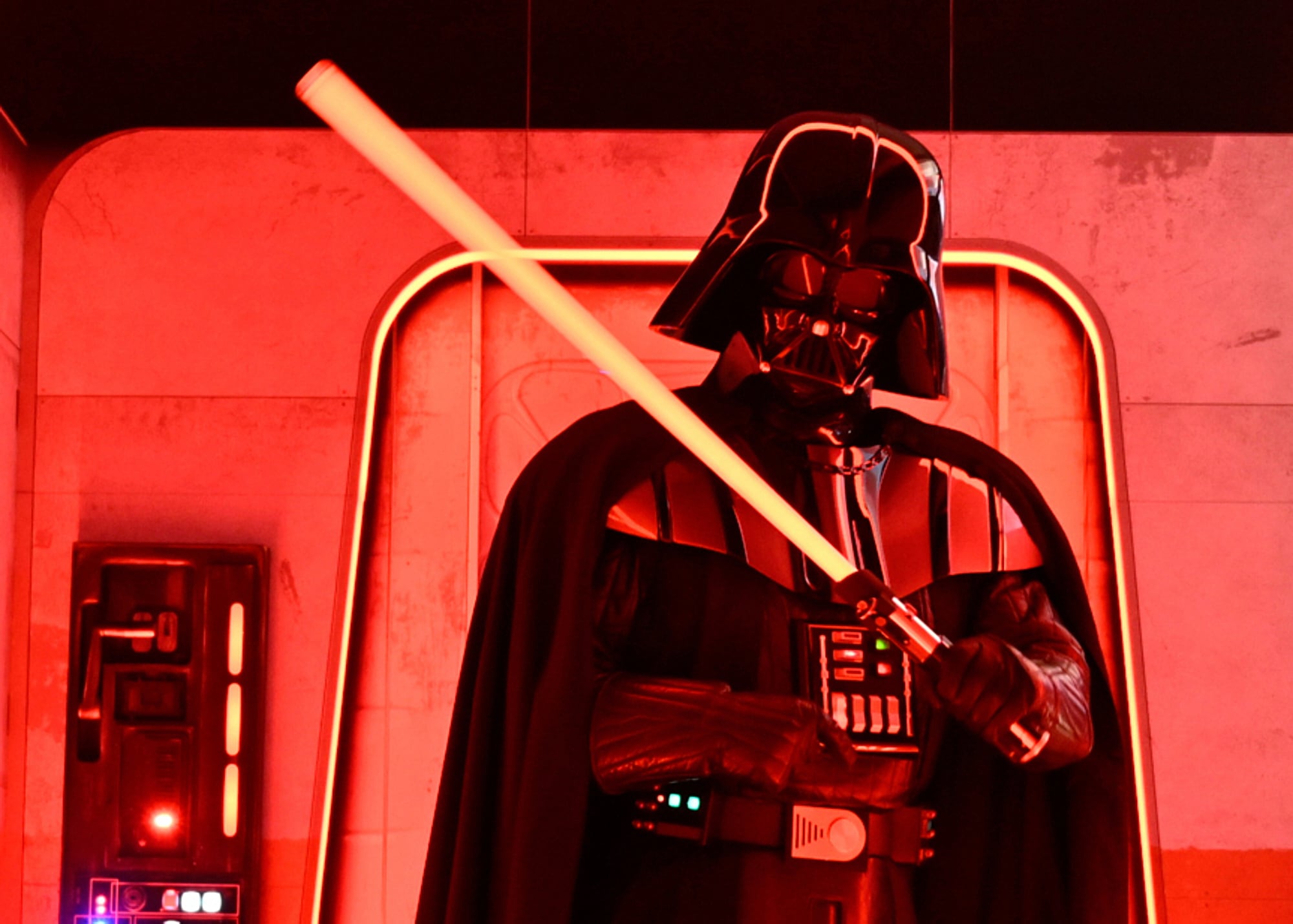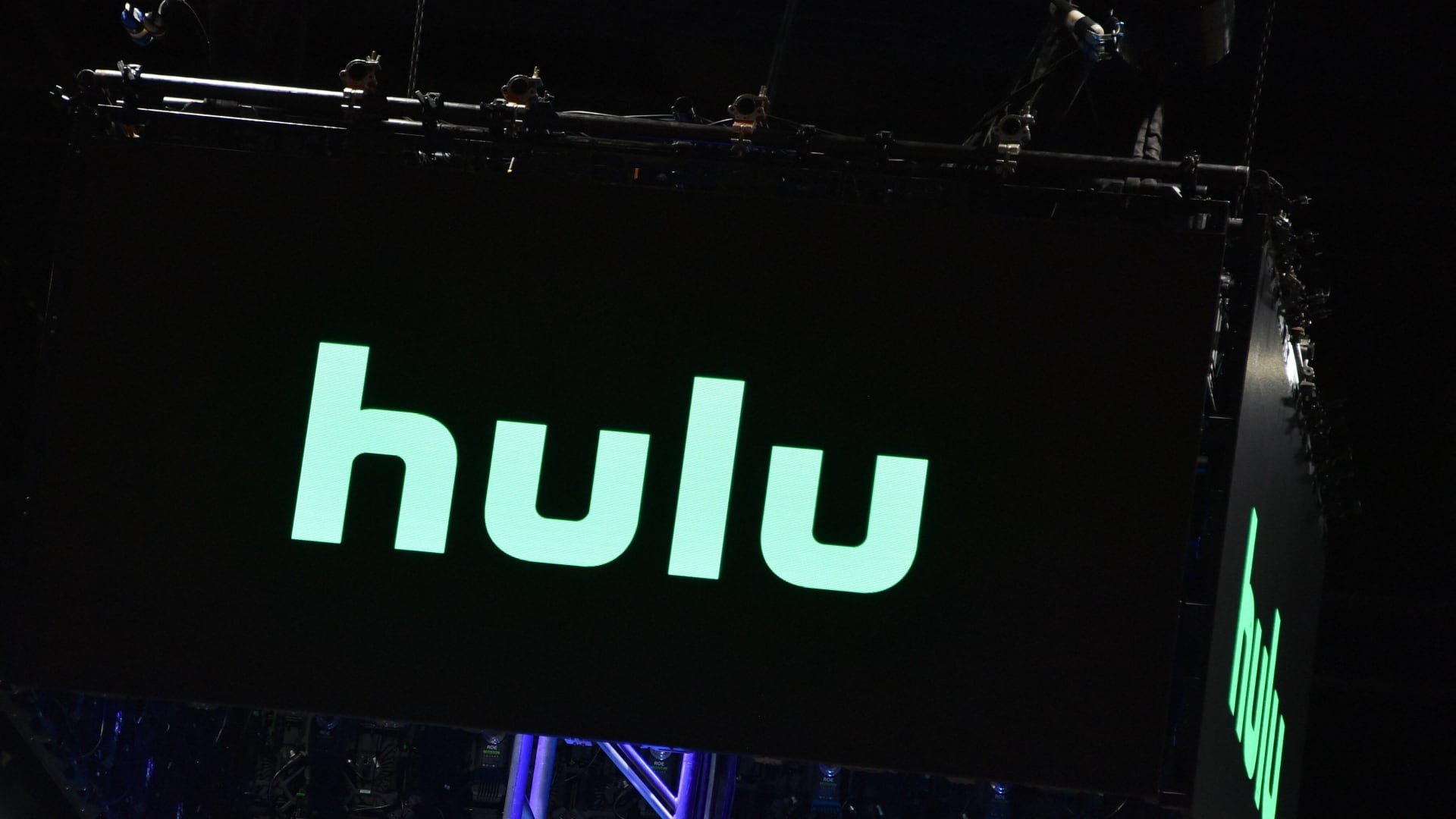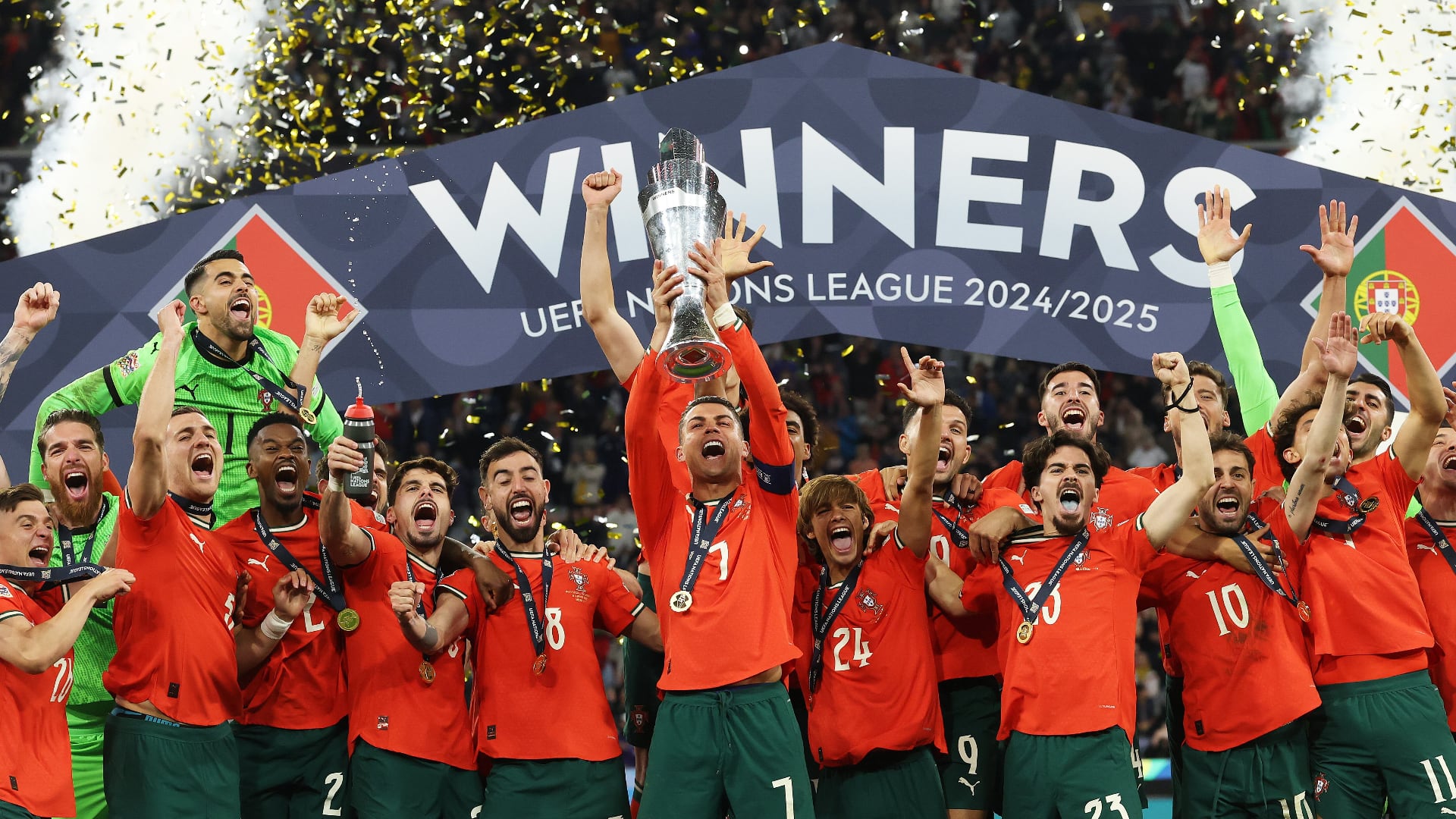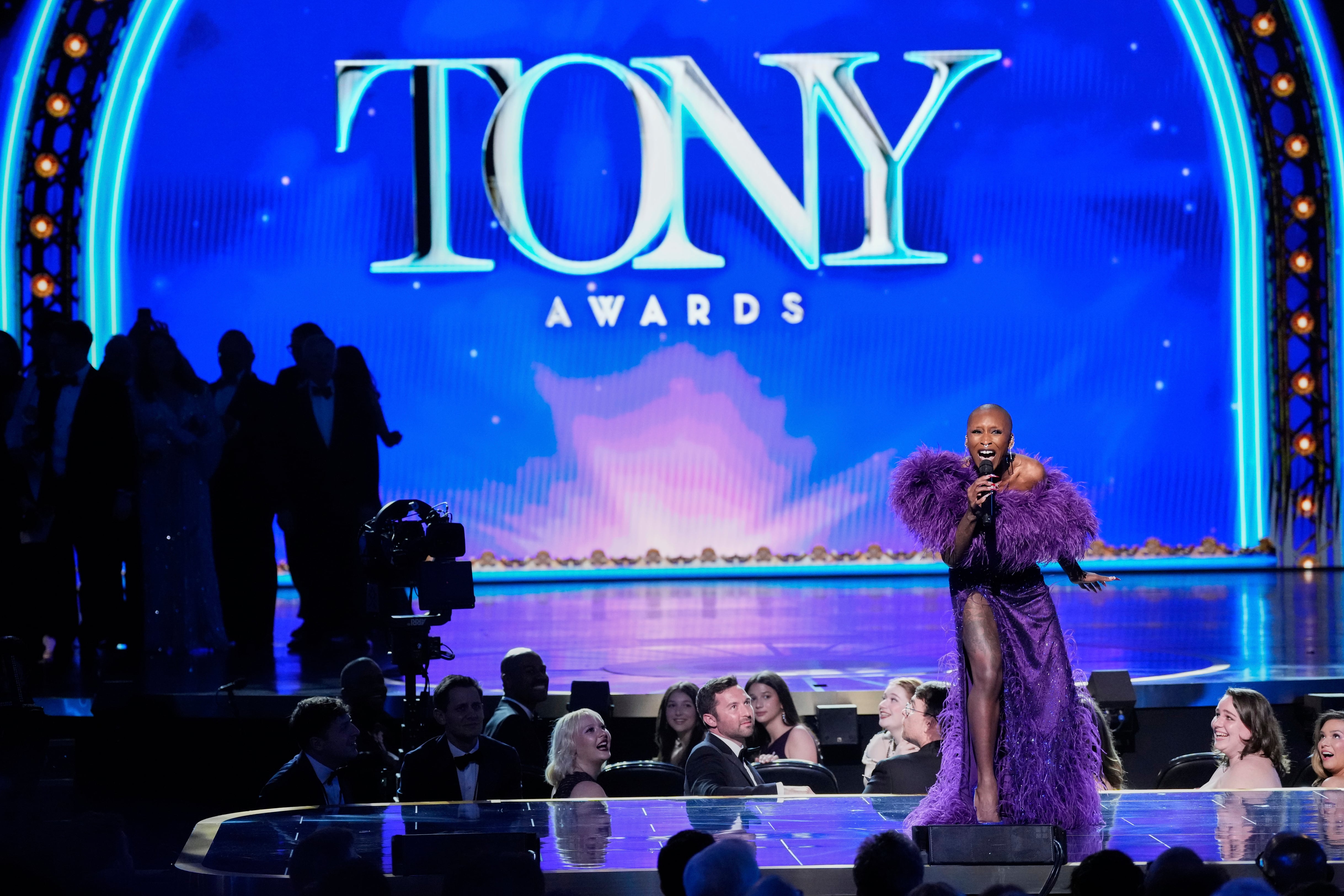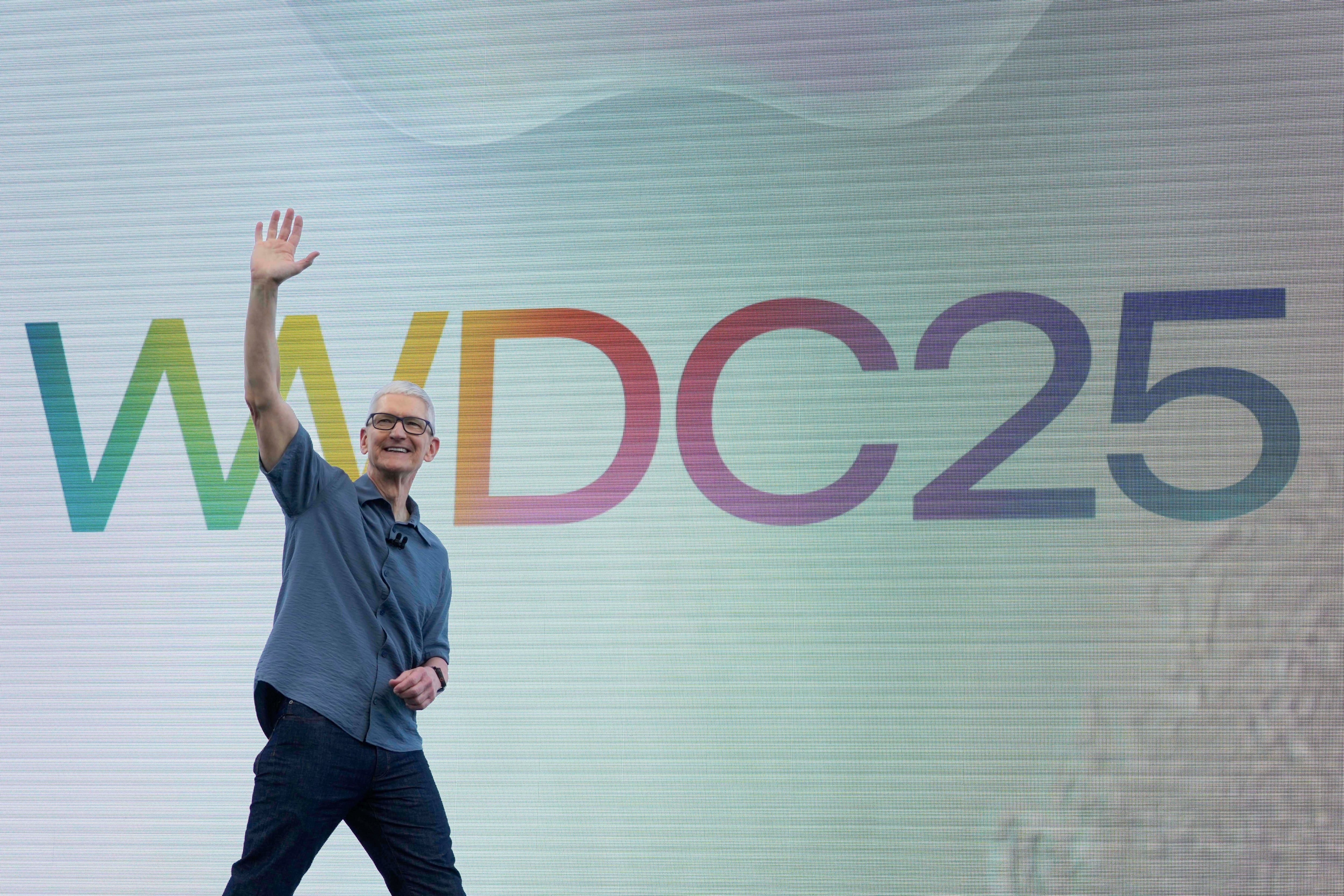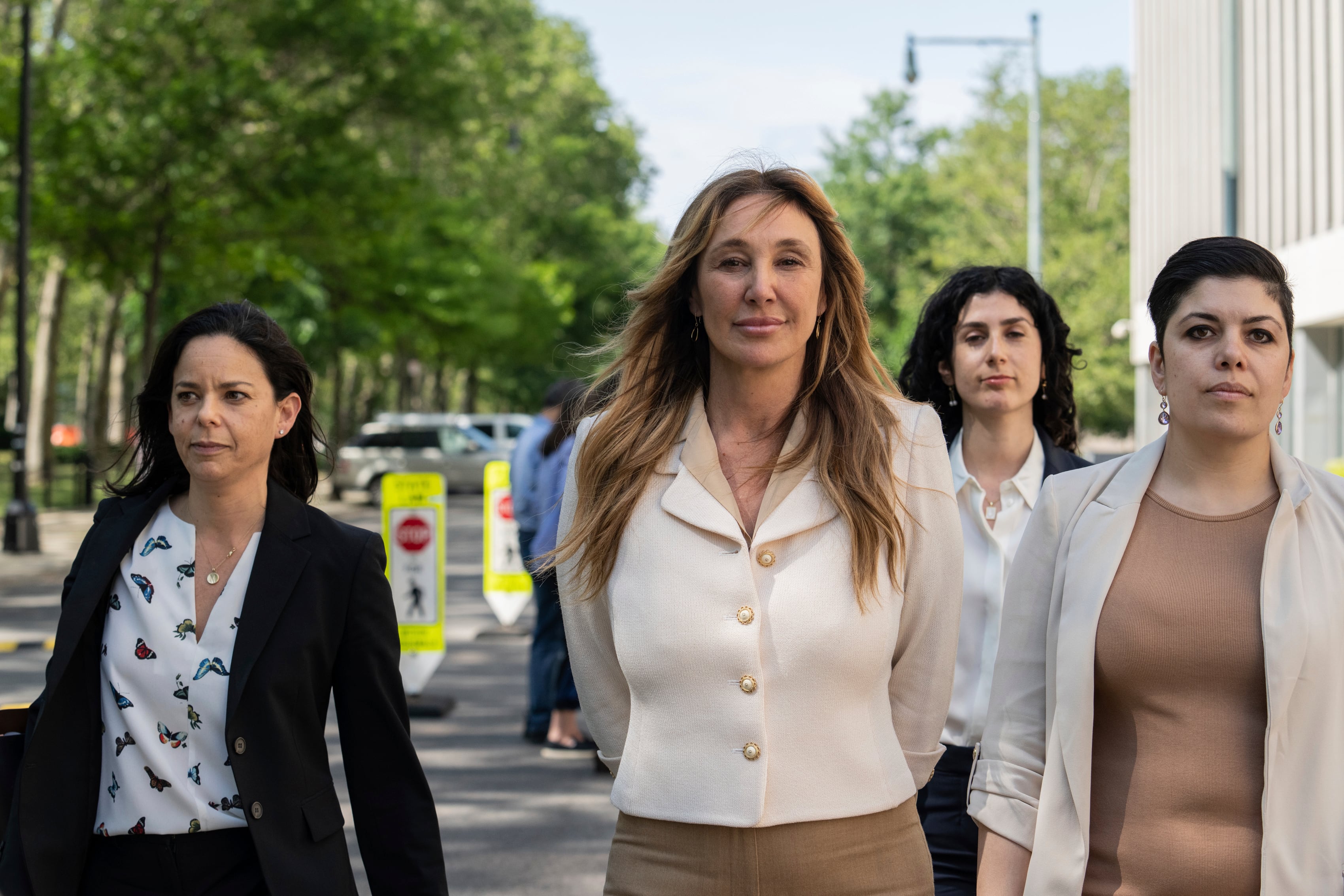*By Kavitha Shastry* Shares of Tesla fell Friday morning after CEO Elon Musk's latest tweet seemed to reignite drama between him and the SEC. "Just want to \[say\] that the Shortseller Enrichment Commission is doing incredible work. And the name change is so on point!" the often-erratic exec [posted](https://twitter.com/elonmusk/status/1047943670350020608) Thursday afternoon. The apparent jibe came just days after Musk settled civil securities fraud charges with the regulator, agreeing to step down as chairman for three years and pay a $20 million fine, with Tesla ($TSLA) paying an additional $20 million. Part of the deal reportedly also required him to get approval for all tweets related to his company before posting. Whether Musk's new tweet puts that agreement in jeopardy is unclear ー just hours before the post, a federal judge, who still must sign off on the deal, asked both Musk and the SEC to submit letters justifying why the settlement is "fair and reasonable". All this stems from another Musk [tweet](https://twitter.com/elonmusk/status/1026872652290379776) in early August in which he claimed to have "funding secured" to take Tesla private at $420 a share, what would have been more than a 20 percent premium at the time. Shares spiked on the statement, but pulled back sharply after Musk admitted a deal hadn't yet been reached and ultimately [backed off](https://www.tesla.com/blog/staying-public) of plans entirely. The SEC launched an investigation into whether Musk violated securities laws by making "reckless" statements that caused such dramatic movements in the stock and lost some investors significant amounts of money. The agency was reportedly close to a deal when Musk pulled out at the last minute, prompting it to file a lawsuit last Thursday that was settled over the weekend. Musk was [reportedly](https://www.wsj.com/articles/mark-cuban-prodded-teslas-elon-musk-to-settle-sec-charges-1538678655?mod=searchresults&page=1&pos=3) encouraged to reach an agreement by Mark Cuban, who settled insider trading charges from the SEC five years ago. The Dallas Mavericks owner told Musk that fighting such charges would distract him from running his companies. In addition to Tesla, Musk is also CEO of SpaceX, The Boring Company, and Neuralink. For full interview [click here](https://cheddar.com/videos/tesla-shares-continue-to-spiral-after-musk-pokes-fun-at-sec).
